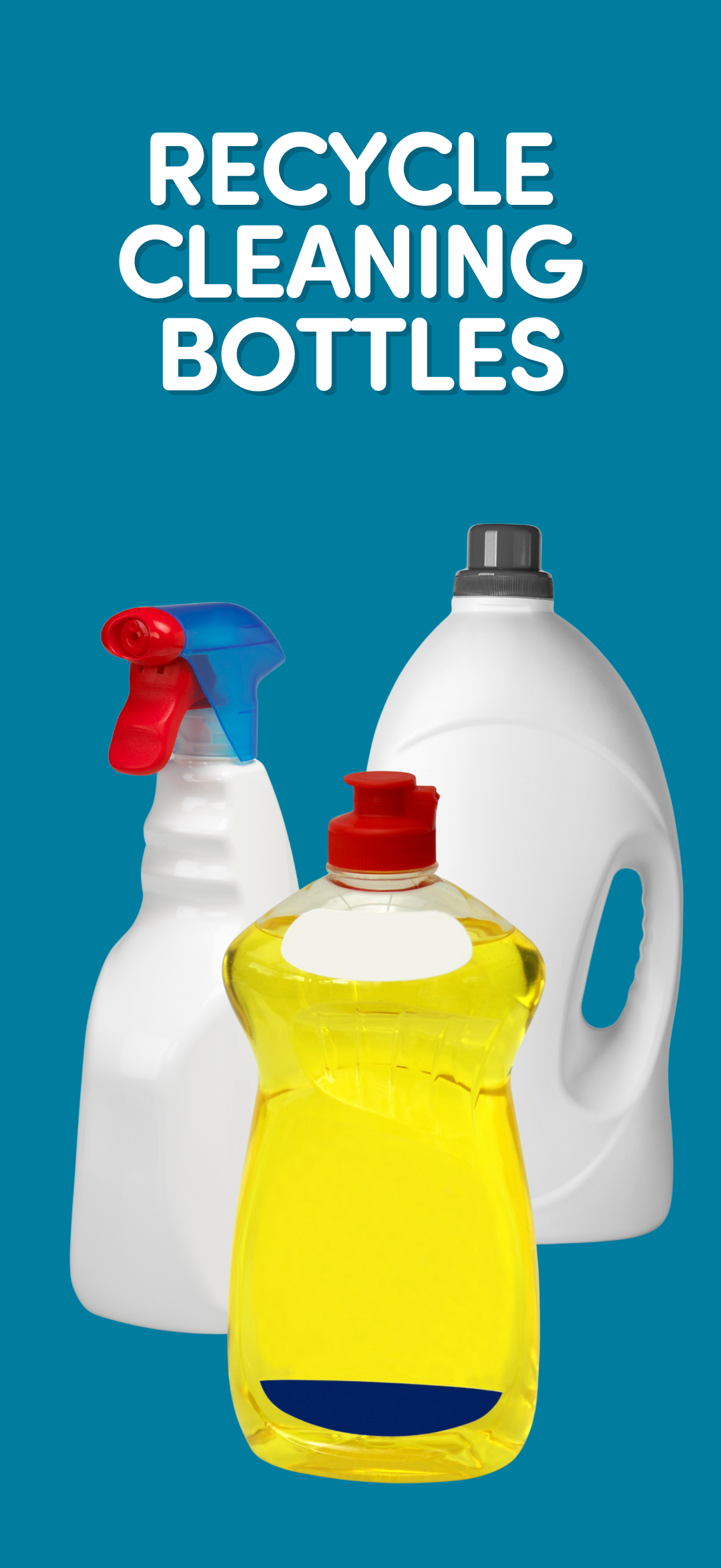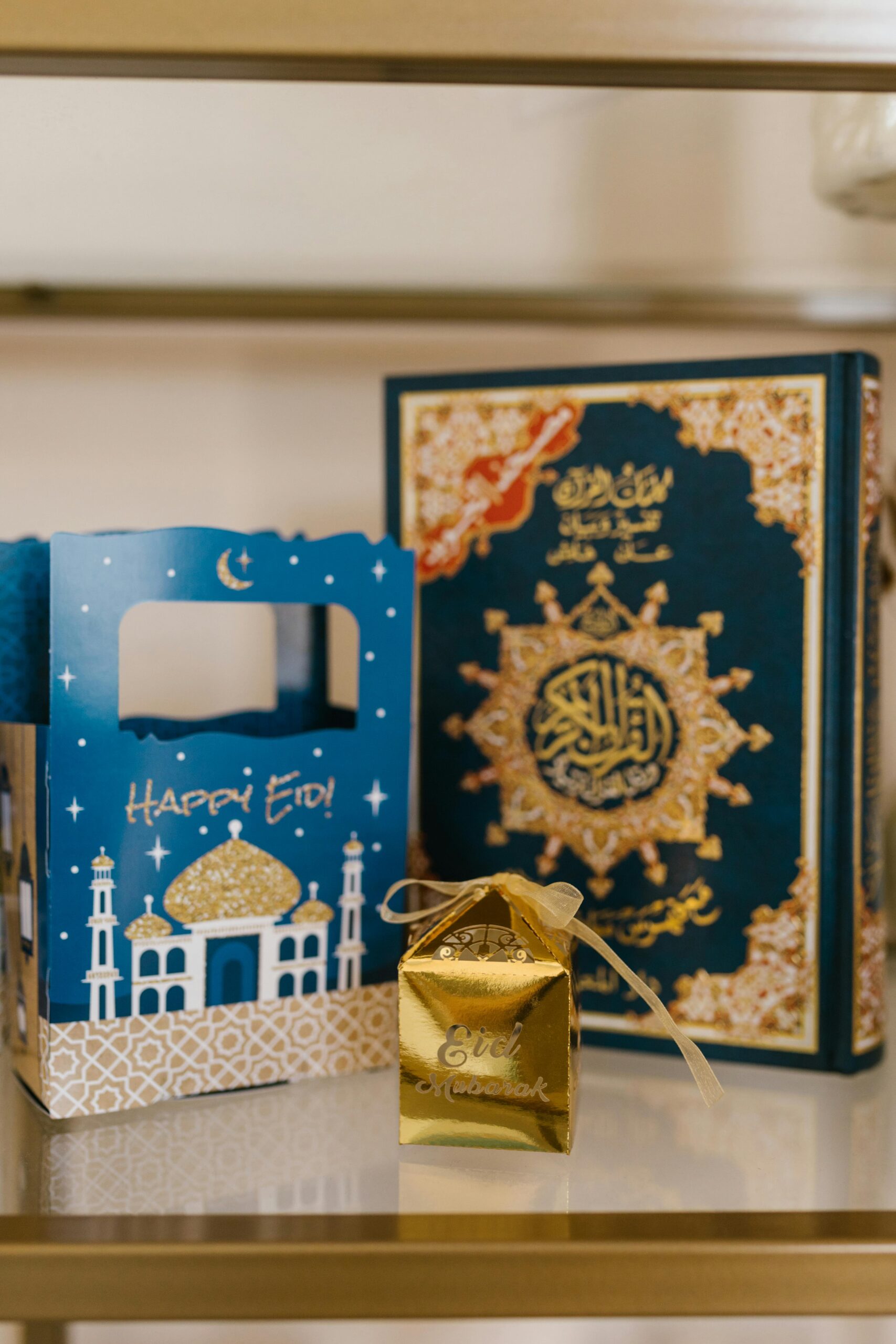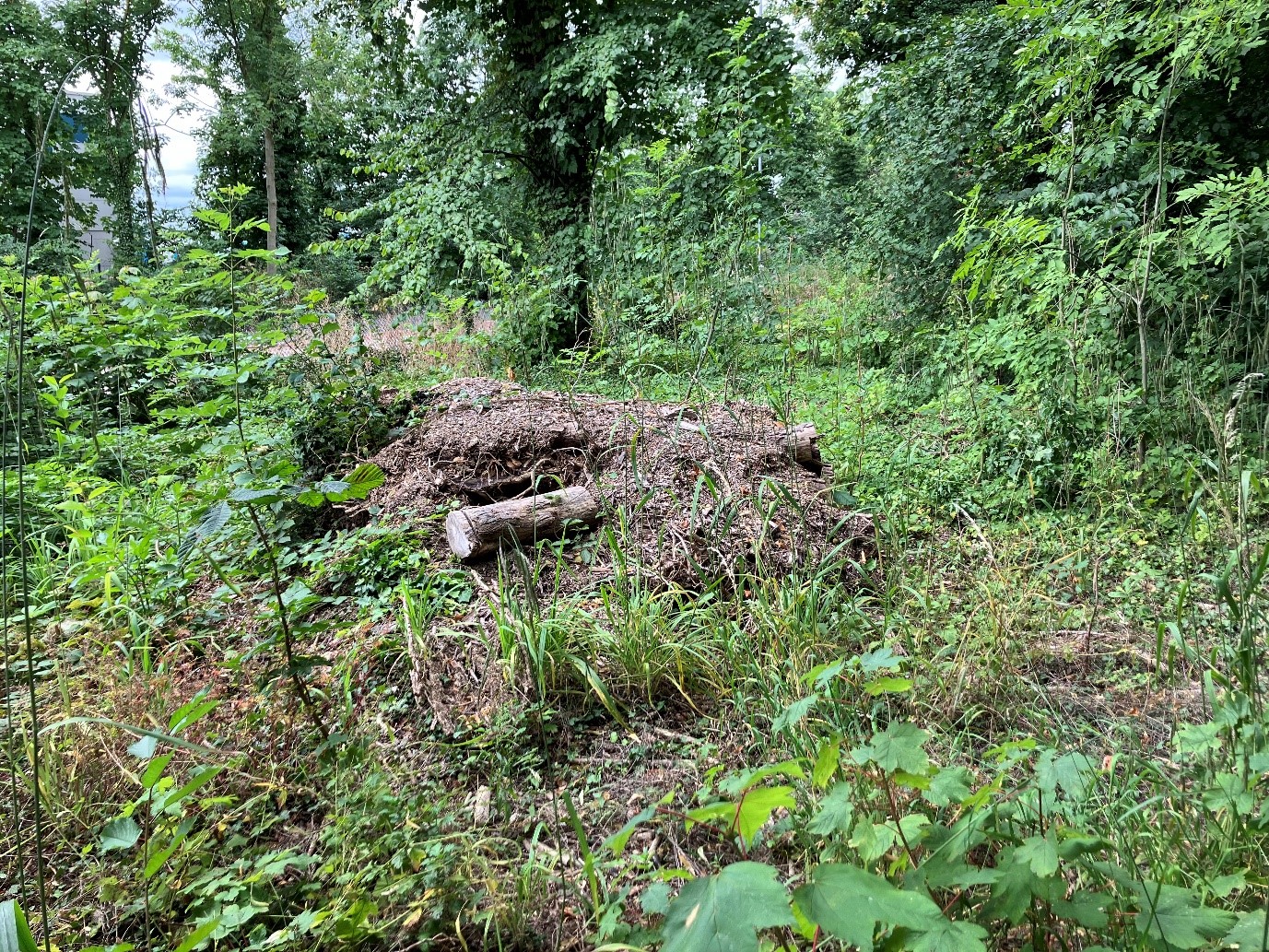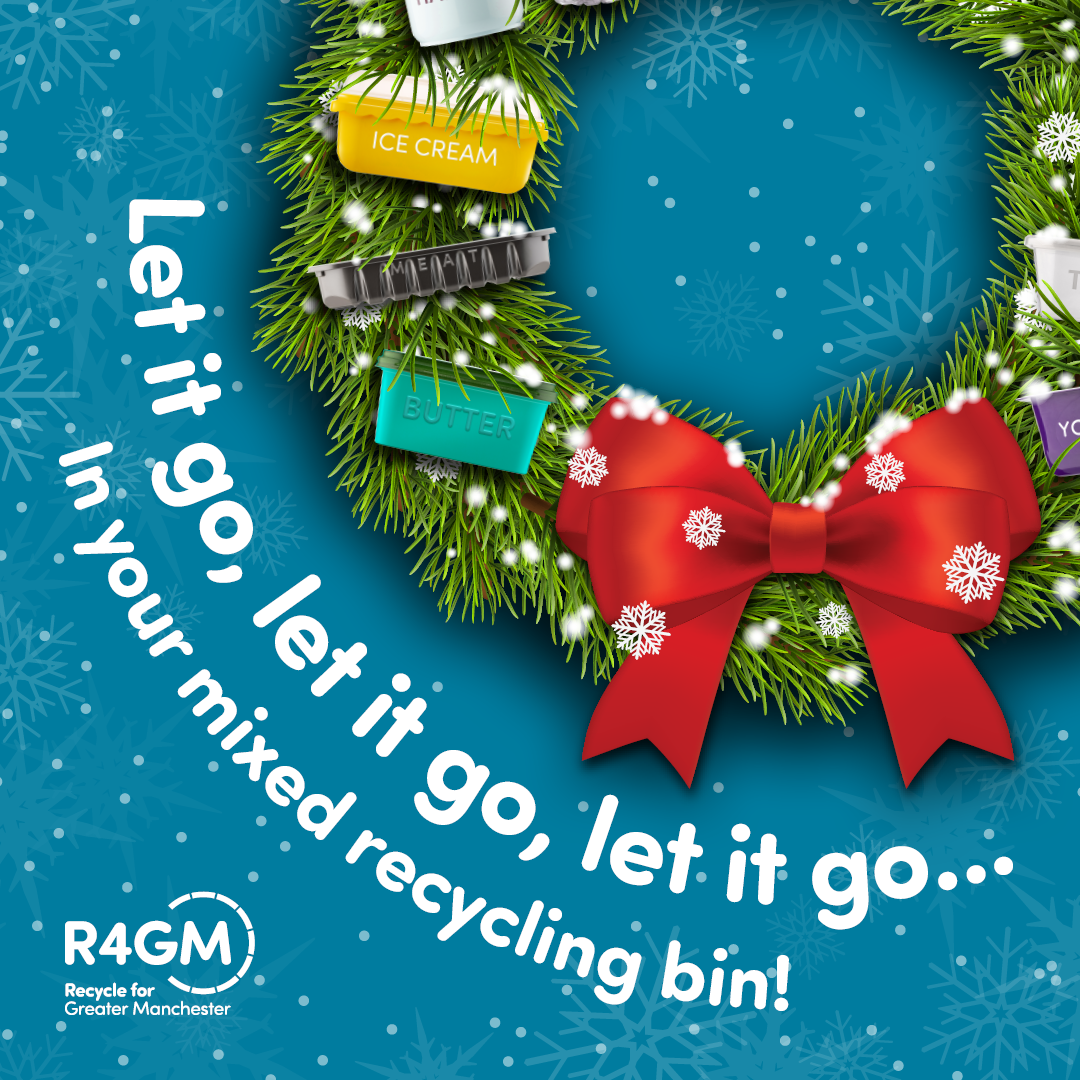Whether your offspring are moving out for the first time, or coming back for summer, these hacks will save you time and money.
Things they no longer want can be loved by someone else. Donate clothes to textile banks and charity shops. Donate furniture, sports equipment and bric-a-brac to Renew at your local recycling centre. Renew refurbishes the pre-loved items and sells them to raise money for good causes across Greater Manchester. You can also bag a pre-loved bargain at their physical and online shops.
Boxes are an essential moving tool but there’s no need to waste money on brand new ones. Instead, ask your local supermarket for cardboard packaging boxes which they’ll normally give you for free. When you’re done you can collapse the boxes and save them for the next move or recycle them in your paper and card bin.
When cleaning out kitchen cupboards, cans, tins and unopened non-perishable food can be donated to your local food bank. Make sure the food is in date and anything that’s expired or opened can be recycled in your food and garden bin.
Instead of wrapping fragile items in sheets of bubble wrap, use towels, blankets or clothes to protect them during the move. This zero-waste hack avoids using single-use plastic and it’s free.
Some charities will collect things like bed frames and furniture from you. If the items are damaged or can’t be reused, you can arrange a bulky waste collection with the local council.
Grants of up to £20,000 are on offer for projects across Greater Manchester pioneering innovative solutions to prevent waste and increase recycling.
In the last four years, the Recycle for Greater Manchester Community Fund has supported an incredible 89 projects with £880,000 of funding. Now in its fifth year, the scheme is back a new name: the Renew Community Fund.
With the new name comes a refreshed purpose. The fund is looking for projects that can help bring the Renew principles to communities across Greater Manchester.
Two different award categories for the fund are available:
All community, voluntary and faith groups, schools, colleges, universities, charities and other non-profit organisations are eligible to apply. Applications open at 12pm on Tuesday 22 April on the Renew Community Fund website, and close at 12pm on Friday 30 May.
Cllr Tom Ross, Greater Manchester lead for Waste and Recycling, said: “The Renew Community Fund aims to increase the number of projects providing repair and sharing services to make it easier to get your items repaired or to buy something second hand
“When we fix something, borrow something instead of buying it, or buy second hand instead of new, we’re keeping these items in use and saving precious resources. SUEZ has achieved this on an industrial scale at the Renew Hub and in doing so has raised £880,000 that has gone back into local communities.”
Like the Renew Hub in Trafford Park operated by SUEZ recycling and recovery UK projects should focus on activities that help to make fixing, donating, sharing, borrowing and buying pre-loved or second-hand items a normal part of everyday life.
Projects that have been awarded funding in previous years include the Manchester Library of Things in Levenshulme, where residents can borrow most types of power tools and household equipment rather than buying their own.
Other projects set up include bike repair, laptop repair, repair cafés, and school uniform redistribution services – which enable families to share school uniform to families in need. These projects are far-reaching, not only helping to reduce the amount of waste thrown away, but they also provide support for families in need, by giving them access to affordable bikes, laptops and clothes.
Claire Williams, Renew Manager from SUEZ, said: “We are proud that the Renew Community Fund will continue to support repair and reuse projects in the local community. The benefits are significant, not only in reducing what we throw away but providing more affordable household items for families and offering the opportunity to learn new repair skills and bring the community together. I’m looking forward to seeing the innovative projects applying for this year’s fund. Our vision is to see a repair café or sharing service like the library of things on every high street.”
Here’s everything you need to know to stay sustainable during your Seder and spring cleaning.
This quick guide explains everything you want to know about recycling and dealing with waste this Passover. Making the most of your recycling bins at home frees up space in your general waste bin for those non-recyclable items.
We can now recycle plastic pots, tubs and trays at home during Passover. Plastic food packaging such as meat and fruit trays, chocolate tubs and yoghurt pots can all be recycled in your mixed recycling bin at home. Just make sure to give them a quick rinse before binning them – it helps keep your bin nice and clean.
Find out more about recycling plastics at home, including how to save space in your bin.

Bleach bottles, spray bottles, aerosols and more go in your mixed recycling bin to be recycled into new products. If lids can be easily removed, put them into the general waste bin as they can disrupt the separation process at our recycling facility. If lids are attached, then recycle the bottle as a whole.
When cleaning out your kitchen, old food can go straight into your food and garden bin. All our food and garden waste gets turned into compost in just 6 weeks, and that compost is used to grow more food locally.
All food can go in the food and garden bin, including lamb bones, egg shells and any leftovers you might have from your Seder.
Bins overflowing? Your local recycling centre (AKA the tip) is open 8am till 8pm every day. It’s free to use and you can recycle over 40 different types of materials when you visit.
If you’re visiting in a car you don’t need to book but if you’re using a van you’ll need to get a free van permit before your visit.
Not sure where your local tip is? Find your closest recycling centre.
Renew collects bikes, furniture and other household items donated at recycling centres and sells them to raise money for charities and community groups in Greater Manchester. Just take your stuff along to the tip and the staff happily direct you to the donation container. Find out what can be donated.
Chag Sameach!

If you’re preparing to observe in the Holy month of Ramadan this year you are probably busy planning on self-reflection, donating and family time. And eating, of course. Here’s our guide to staying sustainable this Ramadan…
 Food, glorious food!
Food, glorious food!There’s often so much food about when breaking your fast at iftar. Avoid letting anything go to waste by planning your meals in advance. Make a shopping list and only buy the foods you need. If you do end up with leftovers, store them properly to keep them fresher for longer or share with family, friends and the community to multiply your blessings this Ramadan.
If you’re eating less and find you have more leftovers than usual, why not use them to make new meals? Get creative by making a biriyani from leftover veggies or why not try making a pizza from your old naans? We’ve got loads of hacks to make the most of your food.
Welcoming guests to your home means you might be buying more than usual when you cook. Don’t to forget to recycle items like tomato cans, yogurt tubs, date trays and bottles of pop in your mixed recycling bins. Just make sure you give them a rinse to stop your bins from smelling.

This month is the time to get together and celebrate, if you are planning on making your home more festive, why not try to make your own decorations? You can make some great paper moons. Just start by searching for origami templates online. You can also find downloadable colouring pages that will bring your family together and can add a splash of colour into your house!
If you chose to decorate, consider saving those decorations for next year or recycle them in the right bins.
Generating more rubbish than usual? Don’t forget about your local tip. They’re free to visit and with over 20 across Greater Manchester, there’s one near you. Find your local tip. You’ll find special places for lots of items you can’t put in your bins at home like batteries, clothing, electricals and even cooking oil. Taking it to the tip means we can recycle it and turn it into something new.
Find us on our socials and tell us what your waste-less top tips are, we love to hear what inspires you to reduce, reuse and recycle!
A blog by our friends at Stitched Up
We’ve launched a brand new Repair Café! The Boggart Hole Clough Repair Café is a collaboration between Stitched Up, the In Our Nature Programme and Lakeside CIC to bring the right to repair to the community of Blackley. Come to the Lakeside Café between 10-12, have a brew, and enjoy the beautiful view of the lake.
The first Repair Café was in Amsterdam in 2009, and now there are over 2,500 running worldwide. Volunteers are really the star of the show at Repair Cafés, so here’s 5 reasons why it’s awesome to volunteer at a Repair Café.
1. It saves money
Repair Cafés are run by volunteers, who love repairing and keeping items in use for longer. Instead of buying a new item to replace something broken, helping people mend their stuff for free saves a tonne of money. With the ongoing cost of living crisis, it’s more important than ever that our money goes as far as possible. By volunteering at a Repair Café, you can directly help your community save money.

2. Opportunity to skill share and learn skills
At a Repair Cafe, people might bring broken electronics, textiles, homewares or even bikes. With the knowledge of our volunteers, they will learn to fix these items so they can remain in circulation for longer. You don’t need to be an expert to volunteer! If you know how to sew on a button, or how to tighten a screw, Repair Cafes would really benefit from your time and skills. The great thing about the skill sharing aspect of Repair Cafes is that everyone’s knowledge is collectivised for the greater good. Plus, you’ll likely learn new skills from fellow volunteers which you can take forward in your own life.
3. Play a part in your community
Volunteering with people in your community has a profoundly positive impact on one’s own wellbeing, as well as helping out others. The National Council for Voluntary Organisations (NCVO) published a report on volunteering, where they found that nine out of ten volunteers said they had met friends through volunteering. Similarly, around two thirds of volunteers agreed that volunteering made them feel less isolated. Playing a part in your community through volunteering is fantastic for both your wellbeing, and that of other participants.
4. It’s cool to see inside broken objects
This one is best explained by a photo. Look at how cool this hedge trimmer looks when you get to see its cross section! There’s always something interesting to look at and get involved in at a Repair Cafe, and no two months will be the same!
5. Make a positive environmental impact
When an item is broken, it can be hard to dispose of sustainably. Charity shops can’t take broken things, and many items have a number of different materials that are hard to separate and recycle.
Repairing items means that the embodied resources that went into that item are not wasted. Every item repaired makes a difference. For example, by keeping your clothing for an extra nine months, instead of buying new, you reduce their environmental impact by 20-30%. Also, encouraging a new attitude to broken things through Repair Cafes helps your community act more sustainably.
How to volunteer
Get in touch with Boggart Hole Clough repair café:
Email: hello@stitchedup.coop
Phone: 0161 881 7141
Ask your local repair café if they need volunteers. Find your local on the repair directory

We went behind the scenes at our recycling centre in Wythenshawe to see the work being done to enhance biodiversity.
Emma, the Regional Sustainability Champion for SUEZ UK prioritises positive choices for the environment at multiple waste and recycling sites. Emma’s biology degree gives her an in-depth understanding of how best to encourage nature in the space, here’s how she did it:

1: The ‘secret’ wood
The first thing you see when arriving at Longley Lane recycling centre is the woodland the runs the entire length of the site. On closer inspection we found a dense habitat with thick foliage, and a canopy of trees for nesting birds.
“Each spring the forest floor is covered in bluebells which attract bees who work to continue pollinating the plants at the site”, Emma explained.
“Any trees that fall or are felled get chopped up and piled to create hiding places for insets. The rotting trees provide the perfect base for fungi to bloom in the shady depths of the wood.”
2: Reuse instead of single-use
Keeping items in use for as long as possible and stopping them being wasted is vital to reduce our impact on the environment. When chairs and other furniture used by the staff need repairs, Emma sends them to Renew to get refurbished so they can continue being used.
Cutting down on single use items has a big impact on the amount of waste produced. The recycling centres are busy industrial sites and use lots of plastic zip ties to secure fences, signs and more. Swapping the 120 single use zip ties used each month for reusable versions reduced plastic waste and saved £200 in 1 year.
3: Powerful plants
The industrial site is peppered with greenery. Carefully considered plants are an important tool for encouraging nature. But it’s not just pretty flowers, clusters of nettles are dotted around the site. These might not be the first choice for landscaping, but they are crucially important for butterflies. The insects choose the prickly plants to lay their eggs, with both red admirals and peacock varieties preferring nettles to any other plant.
Large wooden planters hold a huge range of plants to keep insects happy. The bees are spoilt for choice with bluebells and fragrant lavender plants. Whilst birds including finches and starlings enjoy a seasonal buffet of blackberries.

4: Award winning loos
When looking to improve sustainability, even the toilets are scrutinised. Emma and her colleague Sadie, Local Sustainability Champion, realised that older toilets on the site were using too much water when flushed. As the toilets were functional, replacing them would have been a waste. So the team researched how to combat the soggy problem in the most sustainable way.
They discovered a simple device that limits the amount of water that gets flushed. After fitting the device into 6 toilets they saved a tidal 10,000L of water in just 1 year.
For the innovative idea the pair won a SUEZ ‘Best New Idea’ award in 2023.

5: Living roofs
Making room for nature means considering it when building. When the recycling centre needed new wheelie bin storage, they wanted the new piece of equipment to be as sustainable as possible.
Starting with the materials, choosing natural wood uses fewer natural resources and has the least impact on the environment when compared to man-made materials.
Realising there would be several square feet of space on top of the store inspired the sustainability champions to create a living roof. This is essentially a planting area that runs the length of the structure. Plants, mosses and grasses will be added and will become a sanctuary for local insects.
‘Small changes can have a real impact and are really easy to do. Things like not mowing the grass and letting brambles grow encourages wildlife and is something anyone can try.’ Emma says.
Recent changes to recycling in Greater Manchester mean we can recycle more at home than ever before. Plastic pots, tubs and trays go in your mixed recycling bin. Lots of food and gifts come in plastic pots, tubs and trays.

– On your third advent calendar by 6th December? The plastic tray that holds the chocolates can be recycled!
– Hosting dinner this year? Plastic cream pots, ice-cream tubs and mince pie trays can all be recycled!
Keep an eye out for other recyclable plastic pots, tubs and trays this Christmas. Make sure everything is clean and empty before recycling. If you want more space in your recycling bin, stacking pots, tubs and trays saves room.
Find out more about plastic recycling
2 ex-landfills + 750 trees = forever homes for wildlife
What happens when you take two ex-landfills and add hundreds of trees to create new forests? We transformed two sites in Stockport and Rochdale into sanctuaries for nature to thrive.
Nowadays we only landfill a tiny percentage of our waste. Almost all our general waste is recycled into electricity through incineration. These relics of the past were closed and covered 40 years ago. Typically, when a landfill comes to the end of its time it’s levelled and covered with topsoil. Weeds and grass then invade, but we knew more could be done to encourage biodiversity at these brownfield sites. Ex-landfills are ideal nature sanctuaries as humans are rarely in these spaces.
City of Trees plant trees for people and the planet to help create greener places, develop green skills and boost health and wellbeing to tackle the climate and biodiversity emergency. In Spring 2024, City of Trees planted over 750 trees on top of these old landfill sites.
All the plants introduced are native species. The mix of different sized plants were carefully designed to harmoniously coexist. Different layers of the forest including a canopy and shrubs will come together to create a dense habitat. The sheltered environment will attract a broad mix of mammals, birds, and insects.
The forests have been carefully placed to connect with existing woodlands around the sites. These newly created nature corridors will allow animals to move and live undisturbed. Rabbits, roe deer, and foxes already live on the sites. With water vole, bats, and a huge variety of birds living close by.

The trees do more than just creating a welcoming home for animals. They’re already starting to absorb CO2. This is a positive step towards our ambition to decarbonise waste and recycling sites. The decarbonation project is part of the Five Year Environment Plan. The plan aims for a carbon neutral city region by 2038 to improve the health of our towns, cities, and people. Residents who visit Bredbury and Chichester recycling centres can glimpse the forests as they mature at the sites.
Every week, five million vapes are thrown away in the UK. Disposable vapes are being used widely to help people stop smoking and the wide variety of flavours, colours and brands have made them really popular in a very short space of time.

Disposable vapes are made using raw materials such as plastic, metal, silicone, cotton, and lithium. Not only are they resource intensive to produce but disposing of these materials incorrectly has a negative impact on our environment. Vapes also contain a battery.
As the name suggests, disposable vapes are not meant to last long. When they’re binned the battery can be crushed. This can cause a fire in the bin wagon or at the recycling centres.
Due to the huge amount of disposable vapes being binned incorrectly, we’ve seen a huge increase in the number of fires in bin wagons and at recycling centres. This puts firefighters, bin crews and recycling centre staff in danger.
In May, a lorry full of paper and cardboard collected from households in Greater Manchester went on fire on the M60 motorway in Trafford. This caused hours of traffic chaos and meant the entire 15 tonnes of collected paper and card had to be binned. Greater Manchester Fire and Rescue Service have said a suspect disposable vape is to blame. Luckily, no-one was hurt on this occasion, but it could have been much worse.
Recycle them:
Swap to re-usable vapes:
By swapping to a re-usable vape you will be creating less electrical waste. You’ll also be helping the planet by saving precious materials from being extracted to manufacture them. There are many options out there, you can shop around for an alternative which will save you money and have endless environmental benefits.
For more information on vapes visit:
Recycle vapes – Material Focus
Vapes / Vaping devices | Recycle for Greater Manchester
Video of how to recycle vapes